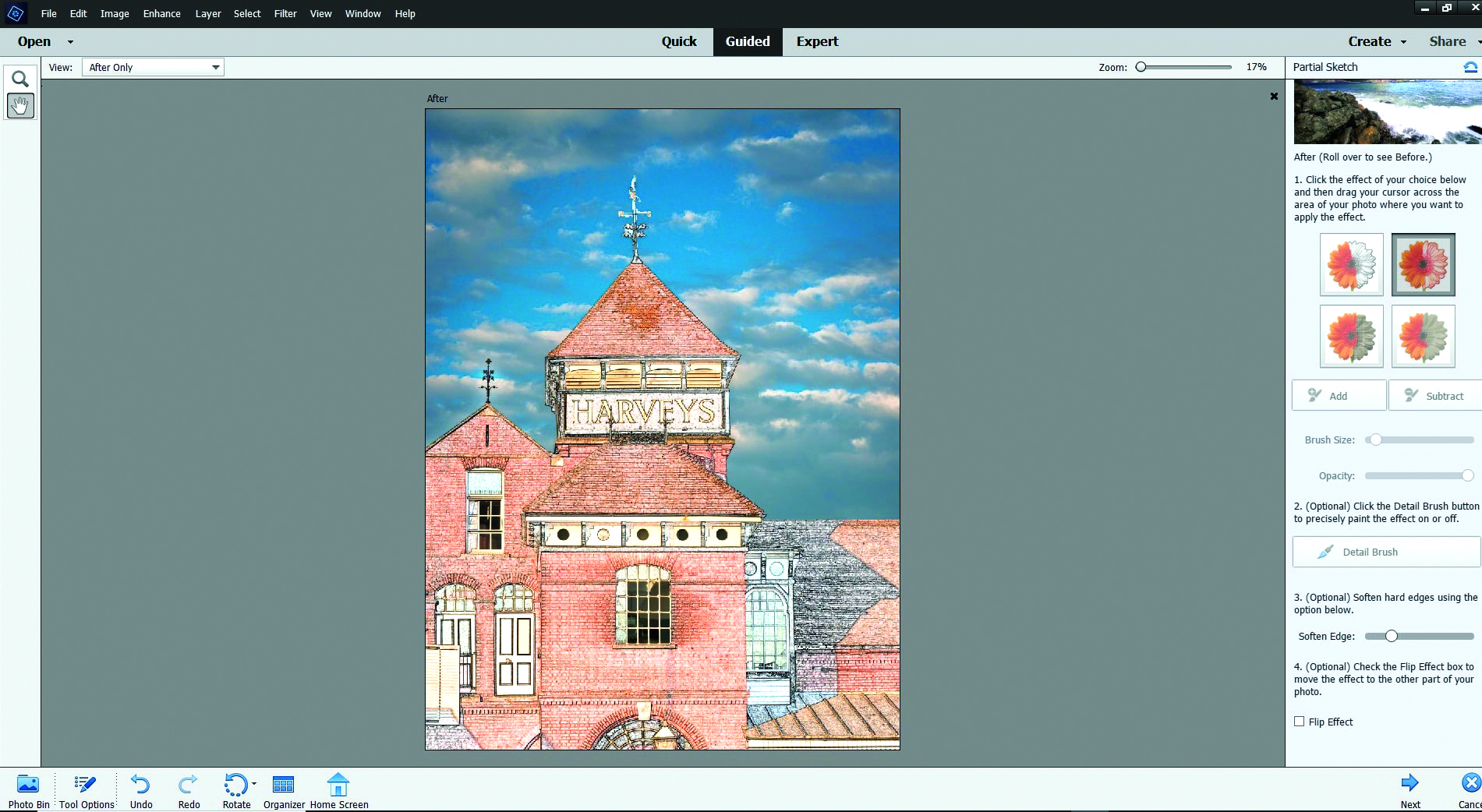Should Adobe auto-update Flash and PDF Reader?
This year has seen Adobe plugin exploits hit the headlines. Is it time that the company automatically updates its software?

Adobe needs to find a way to make sure that all of the users of its software are updated automatically, according to a leading security researcher.
Mikko Hypponen, chief security researcher for F-Secure, said that users were not typically found vulnerable through their operating systems, but rather through plugins and add-ons found inside internet browsers.
This means software such as Adobe PDF Reader and Flash, Java or Quicktime. While Windows is updated automatically, these are still left unpatched and therefore vulnerable to new exploits.
This is especially dangerous as Adobe Flash has a bigger market share than even Windows, and Mac and Linux users often had it on their systems. Of these users, 80 per cent ran old Flash.
It is also problematic that users aren't required to click on a Flash or PDF file, as you can get infected by simply browsing a website.
"That's the way that attackers gain way, and if you look at the market share of things like Adobe Flash or the PDF reader plugin, they are huge," said Hyponnen.
"Most of them are not up to date. Microsoft can do this, so Adobe should be able to do this as well."
Get the ITPro daily newsletter
Sign up today and you will receive a free copy of our Future Focus 2025 report - the leading guidance on AI, cybersecurity and other IT challenges as per 700+ senior executives
Security exploits against QuickTime plugins were also an issue, which users often didn't install but found in their systems.
"It's because I have an iPod," Hyponnen said. "And because I have an iPod I have to install iTunes. When I install it will, without asking me, install QuickTime automatically."
QuickTime automatically installs a plugin inside a web browser, which means that if there is a flaw, it could be exploited.
"I'm not concerned with updating QuickTime. I've never even installed it," he added.
Adobe had not responded to request for comment at the time of publication.
-
 Cleo attack victim list grows as Hertz confirms customer data stolen
Cleo attack victim list grows as Hertz confirms customer data stolenNews Hertz has confirmed it suffered a data breach as a result of the Cleo zero-day vulnerability in late 2024, with the car rental giant warning that customer data was stolen.
By Ross Kelly
-
 Lateral moves in tech: Why leaders should support employee mobility
Lateral moves in tech: Why leaders should support employee mobilityIn-depth Encouraging staff to switch roles can have long-term benefits for skills in the tech sector
By Keri Allan
-
 Hackers are stepping up ‘qishing’ attacks by hiding malicious QR codes in PDF email attachments
Hackers are stepping up ‘qishing’ attacks by hiding malicious QR codes in PDF email attachmentsNews Malicious QR codes hidden in email attachments may be missed by traditional email security scanners, with over 500,000 qishing attacks launched in the last three months.
By Solomon Klappholz
-
 Warning issued over “incomplete” fix for Adobe ColdFusion vulnerability
Warning issued over “incomplete” fix for Adobe ColdFusion vulnerabilityNews An incomplete fix for a vulnerability disclosure could be placing users at risk, researchers warned
By Ross Kelly
-
 Adobe forced to patch its own failed security update
Adobe forced to patch its own failed security updateNews Company issues new fix for e-commerce vulnerability after researchers bypass the original update
By Danny Bradbury
-
 Ask more from your CMS
Ask more from your CMSWhitepaper How to get the most value in the shortest timespan
By ITPro
-
 Adobe battles fake photos with editing tags
Adobe battles fake photos with editing tagsNews Photoshop will include new tagging tools later this year to help fight against misinformation and deep fakes
By Nicole Kobie
-
 Adobe Photoshop Elements 2019 review: Trapped in the photo-editing middle ground
Adobe Photoshop Elements 2019 review: Trapped in the photo-editing middle groundReviews A once peerless beginner’s photo-editing package that’s past its prime
By Barry Collins
-
 How Adobe saved BT £630,000
How Adobe saved BT £630,000Sponsored Adobe’s digital signature platform is saving time and money - and forging stronger connections between businesses and customers
By ITPro
-
 Don't settle when it comes to creativity
Don't settle when it comes to creativitySponsored Getting the best out of your creative design team means equipping them with the best software
By ITPro